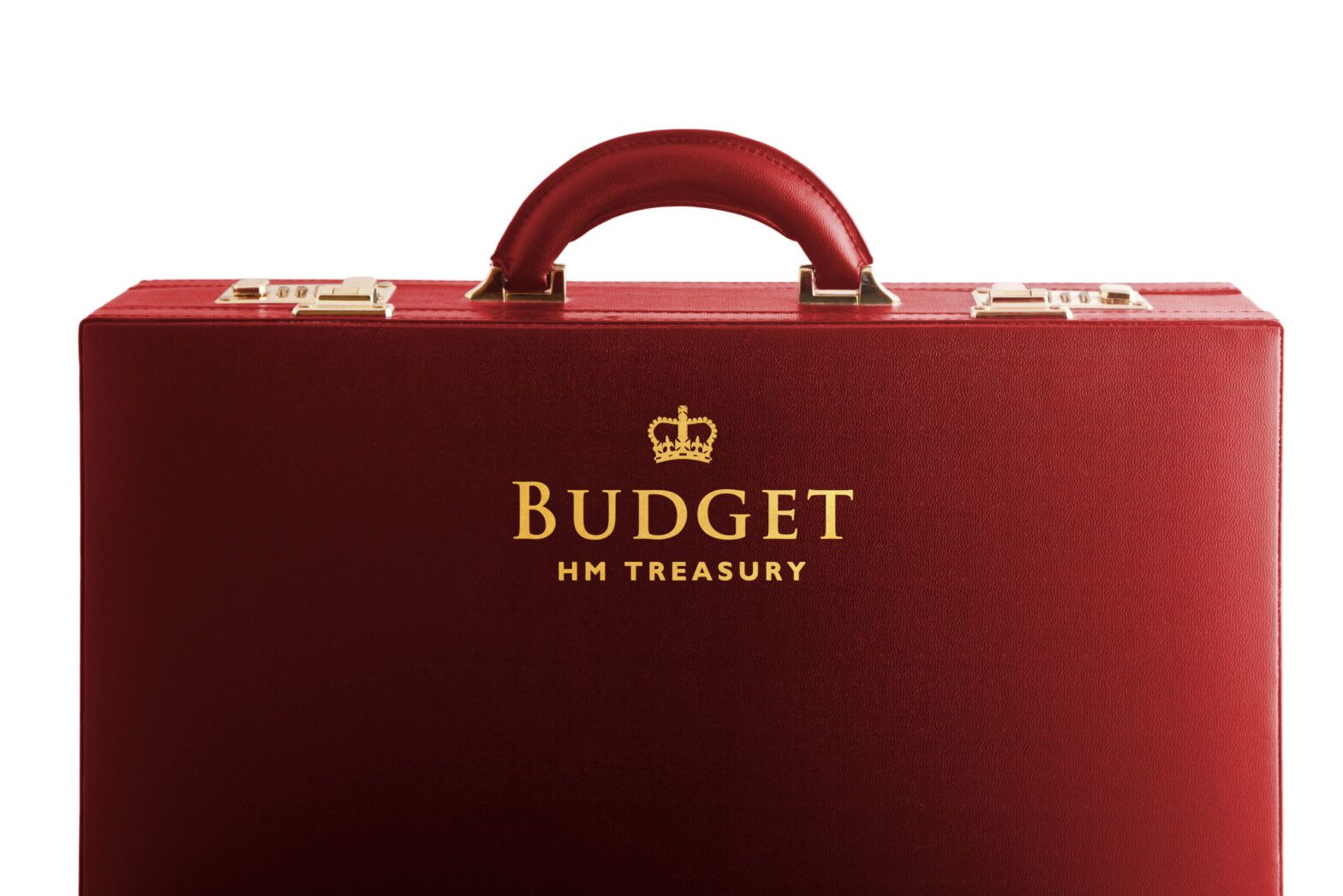The UK Budget announced an investment tax relief for business incorporating green technology, but otherwise the chancellor’s statement was criticised for failing to deliver more on the transition to a sustainable economy.
Speaking at the Houses of Parliament today, chancellor Rishi Sunak flagged the UK government’s roadmap towards sustainable financing, which was announced earlier this month within the UK Treasury document Greening Finance: A Roadmap to Sustainable Investing, and that the UK is hosting the UN climate change conference COP26 in Glasgow next week – possible caveats for why so few green projects were included in today’s Budget.
However, he did announce businesses introducing green technology will benefit from an investment tax relief.
“As called for by the federation of small business and the British property federation, we are introducing a new investment relief to encourage businesses to adopt green technologies like solar panels,” Sunak stated.
In the Budget documents on the government website the policy is explained: “The government is providing business rates exemptions and relief in England for eligible green technologies to support the decarbonisation of non-domestic buildings.”
In further details provided in Spending Review documentation, it stated: “The measure will exempt eligible plant and machinery used in onsite renewable energy generation and storage from business rates, as well as providing a 100% relief for eligible heat networks that have their own business rates bill.
“This measure will take effect from 1 April 2023 and run until 31 March 2035.”
The same document confirms government spending on this relief will total £40m in the tax year 2023-2024, £40m for the following year, rising to £45m in 2025-2026 and £50m in 2026-2027.
See also: – Governments must incentivise the transition
Global Britain Investment Fund
Sunak also announced the launch of the Global Britain Investment Fund, which is designed to attract overseas investment into UK sectors such as life sciences and automobiles sector, including electric vehicles.
Adrian Mawlabaux, senior associate at law firm Fladgate, said: “The focus on green investment comes as little surprise given the government commitment to net zero and the Prime Minister’s championing of green investment as part of his strategy for post-Brexit Britain. The success of the Global Britain Investment Fund will depend on the criteria upon which the funds are deployed and any conditionality imposed for securing long term commitment. It will be interesting to see the government’s approach to assessing eligibility and measuring tax payer value.”
Electric vehicles
However, Gemma Woodward, director of responsible investment at Quilter Cheviot and ESG Clarity editorial panellist, expressed disappointment that the idea of increasing fuel duty had been shelved.
“If the government is serious about reaching net zero by 2050 and is serious about incentivising the switch to electric vehicles, then they’ll need to take a long hard look at the taxes on motoring. Fuel duty freezes are unlikely to help encourage people to make the switch. Likewise, it seems to go against the government’s climate agenda to also cut air passenger duty on domestic flights.”
She added there’s also the question of how the government intends on plugging the “impending fiscal hole” once electric vehicles become more and more popular.
“Vehicle excise duties are levied on CO2 emissions, meaning electric vehicle drivers do not pay any tax. Gradually, as more and more people adopt electric vehicles, the government’s tax receipts from vehicle excise duties, which amount to around £6bn a year, and receipts from fuel duties, which amount to around £28bn a year, will reduce substantially.
“Increasing vehicle excise duties on electric vehicles could well be the answer, but this risks stunting demand for these cars at such a crucial time. Another solution would be for the government to introduce a pay-per-mile tax scheme, which would see drivers pay tax on every mile travelled with potential incentives on offer for drivers of electric vehicles, but this is going to be quite complex to implement.”
Net zero
See also: – UKSIF CEO: No-one knows what a net-zero economy will look like
Another ESG Clarity panellist James Alexander, chief executive of the UK Sustainable Investment and Finance Association (UKSIF), also called on the government to provide further clarity on how it will meet it’s net zero goals.
“This Budget needed to provide further detail on how the government’s public spending plans can deliver on the significant investment gaps identified in the ‘net zero strategy’, which are needed to help drive the private investment required for the UK to reach its world-leading emissions targets. The longer the government delays the public investment needed to build a low-carbon economy, the harder this transition will be.
“To help meet these objectives, UKSIF continues to support the inclusion of a dedicated ‘net zero’ chapter in every Budget statement, explaining in detail how the tax and spending decisions announced bring the UK closer towards this goal. This would lead to a far firmer demonstration that each Budget has net-zero at its core.”
John David, head of Rathbone Greenbank Investments, agreed the Budget made for “confusing listening” as the chancellor emphasised the government’s net zero strategy and support for green investment and projects, while also reducing rates for domestic flights.
“The government must be both consistent and realistic with its plan. Change must happen now if we are to meet our net-zero commitments, and this means changing how we all live and work. In the run up to COP26, we need to see the UK take leadership of this issue, and encourage real change, not just words.”








